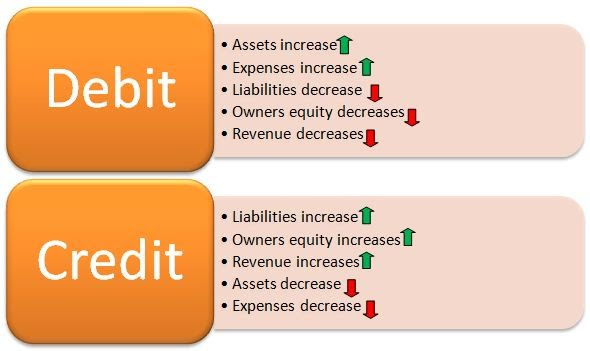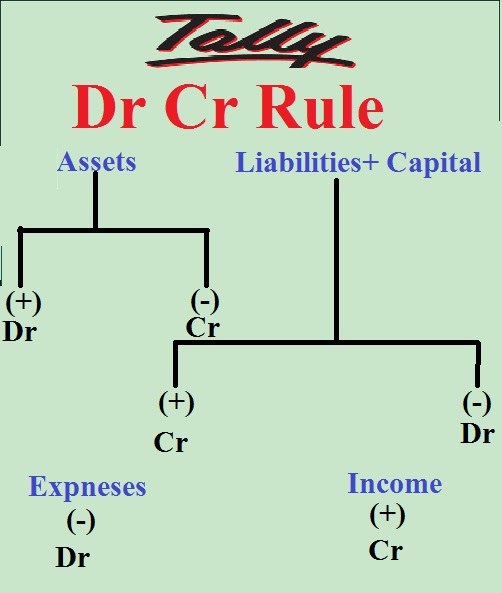


Notably, EMI conversion with an interest component shall not be camouflaged as zero-interest/no-cost EMI.īanks are directed to formulate a comprehensive debit card issuance policy with the approval of their Boards and issue debit cards to their customers following this policy. Further, the same information shall be indicated in the credit card bill or statement. Since holding several credit cards can enhance the total credit available to any customer, card issuers are directed to assess the credit limit for a credit card customer taking into consideration all the limits enjoyed by the cardholder from other entities based on self-declaration/credit information obtained from a Credit Information Company, as appropriate.Īlso, card issuers need to ensure complete transparency in the conversion of credit card transactions to EMIs by clearly indicating the principal, interest, and upfront discount provided by the merchant/card-issuer (to make it no cost), before the conversion. Thereby, card issuers are needed to take written consent from the applicant before issuing the card.ĭecision-making power for issuing a credit card to a customer will only be with the card-issuer and the role of the Direct Sales Agent (DSA)/Direct Marketing Agent (DMA)/other agents will be limited.

Reporting of credit information to a new credit card account to the Credit Information Companies before activation of the card - is not allowed.Īlso, the consent for the cards issued or the other products/services offered along with the card shall be explicit and shall not be implied. The Ombudsman Scheme will help you in getting compensation for loss of the complainant’s time, expenses incurred, harassment, and mental anguish suffered by him/her.įurther, any loss arising out of misuse of unsolicited credit cards, for instance, if the card has been misused before it could reach you, then the card issuer will be responsible for the misuse and the customer will not be responsible for the same. Also, you can approach the RBI Ombudsman who would determine the amount of compensation payable by the card issuer to the recipient. Thereby, in case, if you are issued unsolicited credit cards or they are upgraded without your consent, you can always file a complaint about the same, and issuers are liable to pay the charges back along with penalties. For instance, if an unsolicited card is issued/existing card upgraded and activated without the explicit consent of the customer and the latter is billed for the same, thereby, the card issuer will not only have to reverse the charges forthwith but also pay a penalty without demur to the recipient amounting to twice the value of the charges reversed. RBI strictly prohibits the issuance of unsolicited cards/up-gradation of credit cards. During the rejection of credit cards, card issuers are required to convey in writing the specific reasons which led to the rejection of the application.įurther, card issuers are required to offer the option of insurance cover to customers on their credit cards that would take care of the liabilities arising from lost cards, card frauds, etc.


 0 kommentar(er)
0 kommentar(er)
